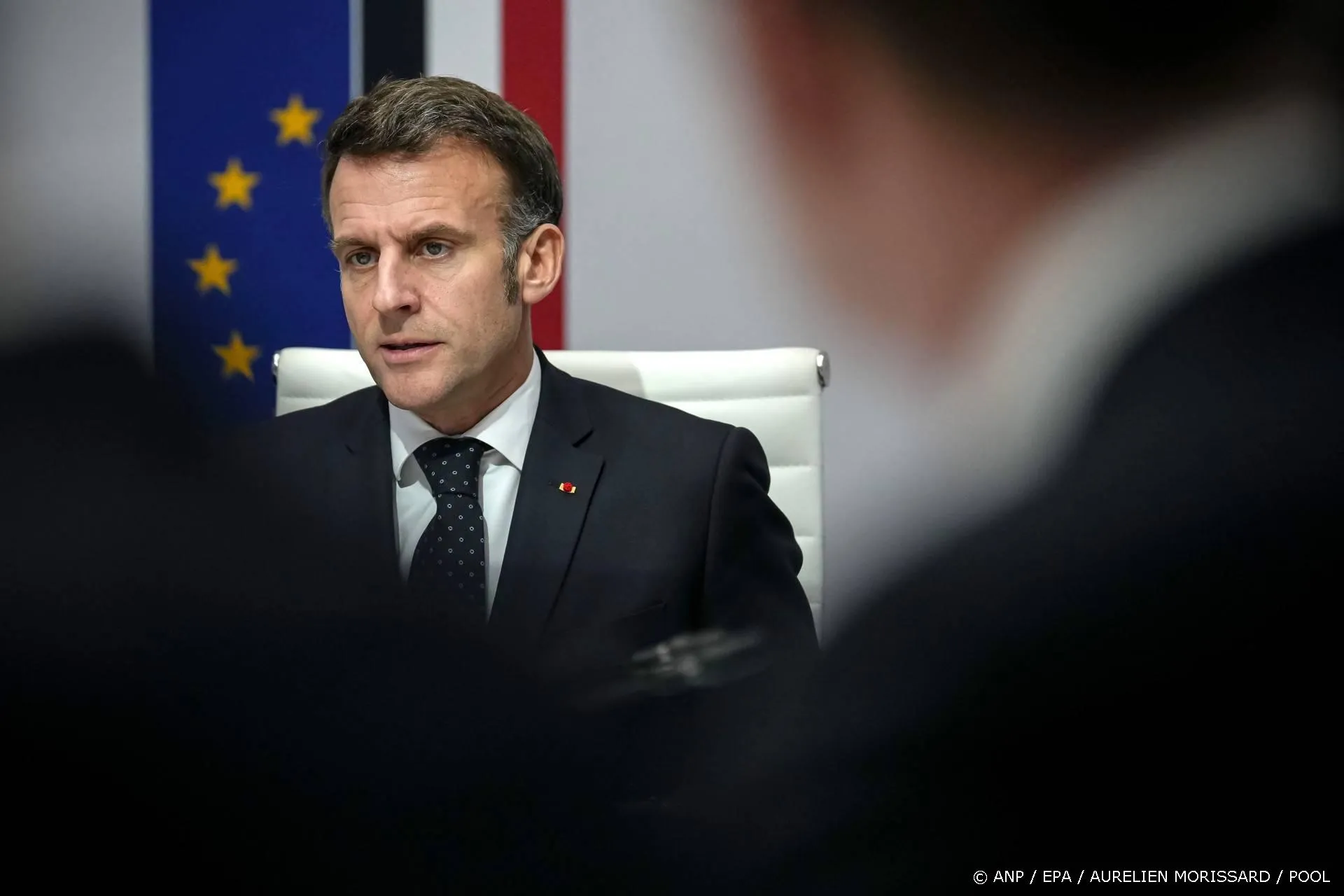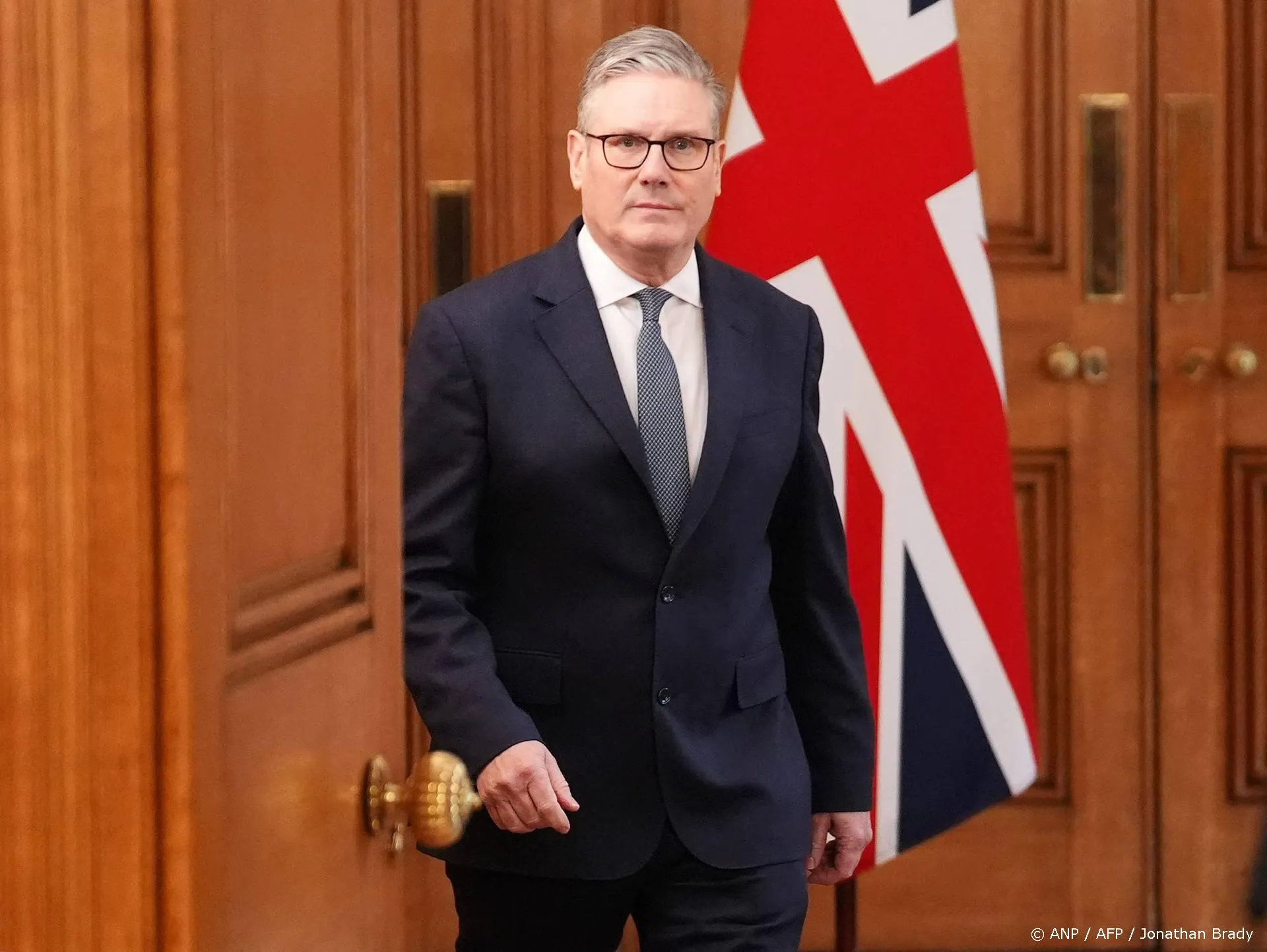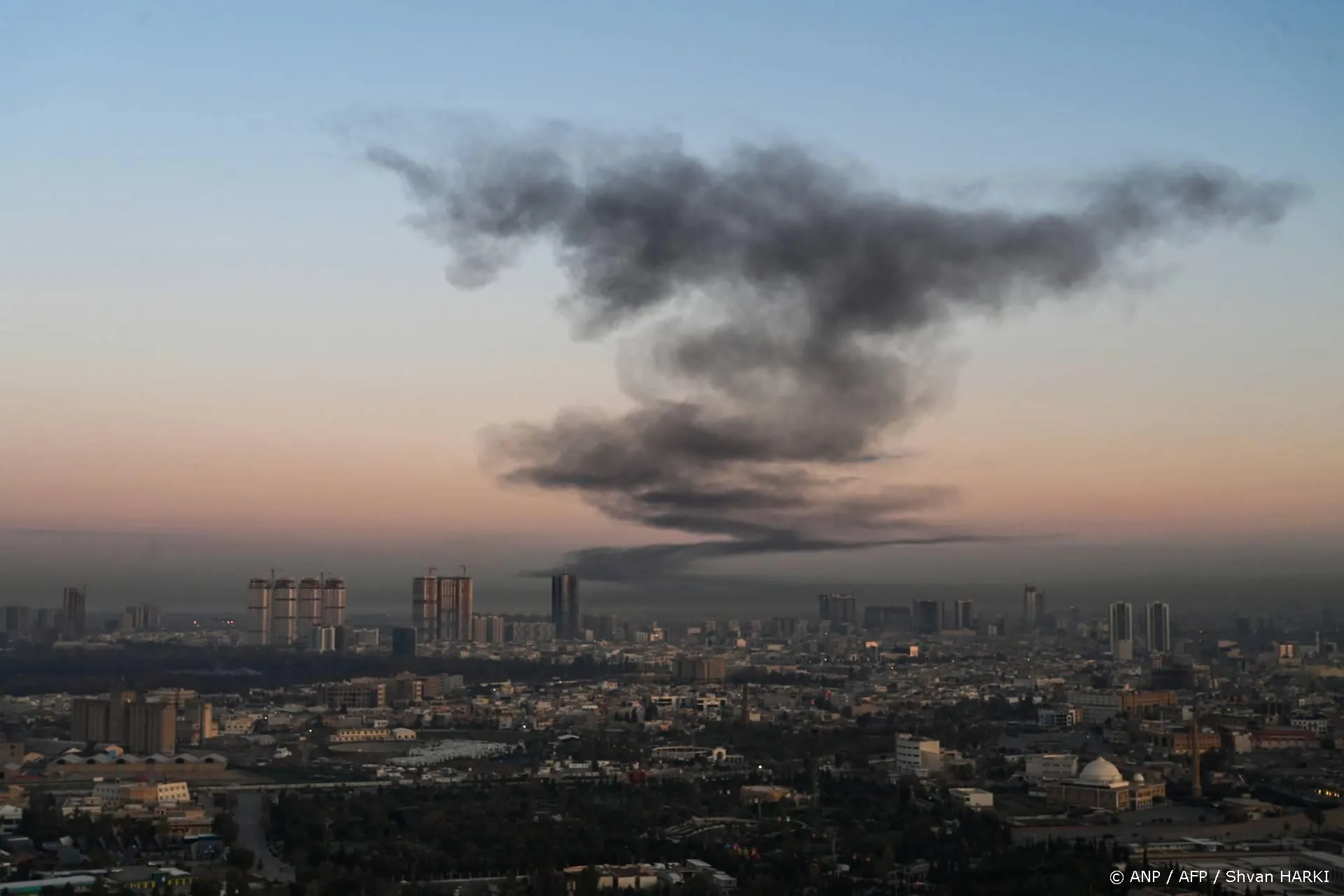Smeuïge onthullingen over klimaatpropaganda BBC
De nieuwe ronde Climategate e-mails die onlangs in de openbaarheid is gekomen, bevestigt weer eens het beeld van driftig manipulerende klimaatwetenschappers die een incestueuze relatie met de media onderhouden. En dan te bedenken dat er nog honderduizenden e-mails zijn die nog niet publiek zijn gemaakt! Die hangen nog als een zwaard van Damocles boven de hoofden van de betrokken wetenschaps- en media-activisten, die de mensheid catastrofale opwarming van de aarde voorspiegelden.
Eens was de BBC de gouden standaard voor goede en objectieve journalistiek. Maar wanneer het om klimaatverandering gaat is de omroep afgezakt tot propagandakanaal voor klimaatalarmisten. Dat is niet vanzelf gegaan, maar doelbewust gepland. Berichtgeving van de BBC wordt vaak gevolgd door media elders in de wereld. Dat betekent dat de leidende rol van de BBC in de verspreiding van het broeikasevangelie niet alleen in Groot- Brittannië maar ook internationaal veel invloed heeft gehad.
Ondanks bewering van het tegendeel was het BBC-beleid gericht op het weigeren van een podium aan klimaatsceptici. Vele buitenlandse media, ook Nederlandse, hebben dat voorbeeld van de BBC gevolgd. Dit is bij mijn weten een van de weinige keren dat er op de Nederlandse TV kritische vragen werden gesteld over de klimaathype. Het is al weer ruim anderhalf jaar geleden. Mede door hun greep op, en collaboratie van de media is de klimaatpropagandacampagne van de alarmisten zo ongelofelijk succesvol gebleken.
Onder de titel, 'BBC sought advice from global warming scientists on economy, drama, music... and even game shows', schrijft David Rose in Mail Online:
Britains leading green activist research centre spent £15,000 on seminars for top BBC executives in an apparent bid to block climate change sceptics from the airwaves, a vast new cache of leaked Climategate emails has revealed. The emails part of a trove of more than 5,200 messages that appear to have been stolen from computers at the University of East Anglia shed light for the first time on an incestuous web of interlocking relationships between BBC journalists and the universitys scientists, which goes back more than a decade. They show that University staff vetted BBC scripts, used their contacts at the Corporation to stop sceptics being interviewed and were consulted about how the broadcaster should alter its programme output. ...
Like the first Climategate leaks two years ago, they were placed last week on a Russian server by an anonymous source. Again like their predecessors, they have emerged just before a United Nations climate summit, which is to start this week in Durban.
BBC insiders say the close links between the Corporation and the UEAs two climate science departments, the Climatic Research Unit (CRU) and the Tyndall Centre for Climate Research, have had a significant impact on its coverage. Following their lead has meant the whole thrust and tone of BBC reporting has been that the science is settled, and that there is no need for debate, one journalist said. If you disagree, youre branded a loony.
In 2007, the BBC issued a formal editorial policy document, stating that the weight of evidence no longer justifies equal space being given to the opponents of the consensus the view that the world faces catastrophe because of man-made carbon dioxide emissions.
The University of East Anglia, where most of the emails originated - none of the newly released emails appear to be post 2009, but clarify the extent of government involvement in the scandal.
Het artikel vervolgt met talloze voorbeelden van de e-mailwisseling tussen de betrokkenen, met smeuïge details, waarin de BBC-journalist Roger Harrabin een centrale rol speelt. Uit deze e-mails blijkt dat de wetenschappers helemaal niet zo zeker van hun zaak waren als zij altijd tegen over de buitenwereld hebben voorgewend. Dat betekent dus in feite dat het klimaatbeleid is gebaseerd op een gemanipuleerd en onzeker wetenschappelijk fundament precies zoals de klimaatsceptici altijd hebben beweerd. Ondertussen zitten we opgescheept met een klimaatbeleid dat geen enkel meetbaar effect sorteert, maar wèl honderden miljarden per jaar kost. Wanneer vallen de schellen nu eens van de ogen van onze beleidsmakers?
Labour MP Graham Stringer last night said he would be writing this week to BBC director-general Mark Thompson to demand an investigation into the Corporations relationship with UEA. The new leaked emails show that the UEA scientists at the Tyndall Centre and the CRU acted more like campaigners than academics, and that they succeeded in an attempt to influence the output of the BBC, Mr Stringer said.
Conservative MP David Davis said: Using research money to evangelise one point of view and suppress another defies everything I ever learnt about the scientific method. These emails go to the heart of the BBCs professed impartiality... its actions must be investigated.
Lees verder hier.
Ga verder met lezen
Dit vind je misschien ook leuk
Laat mensen jouw mening weten
Lees ook
Loading


